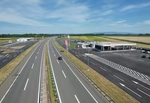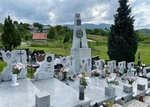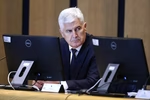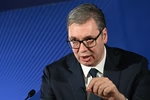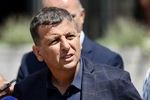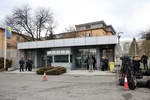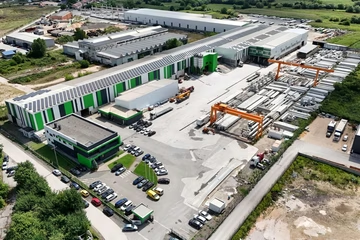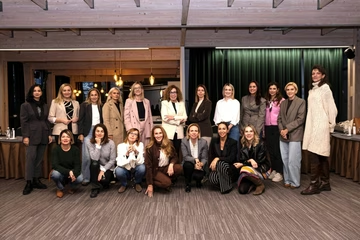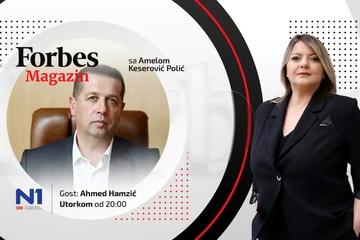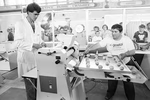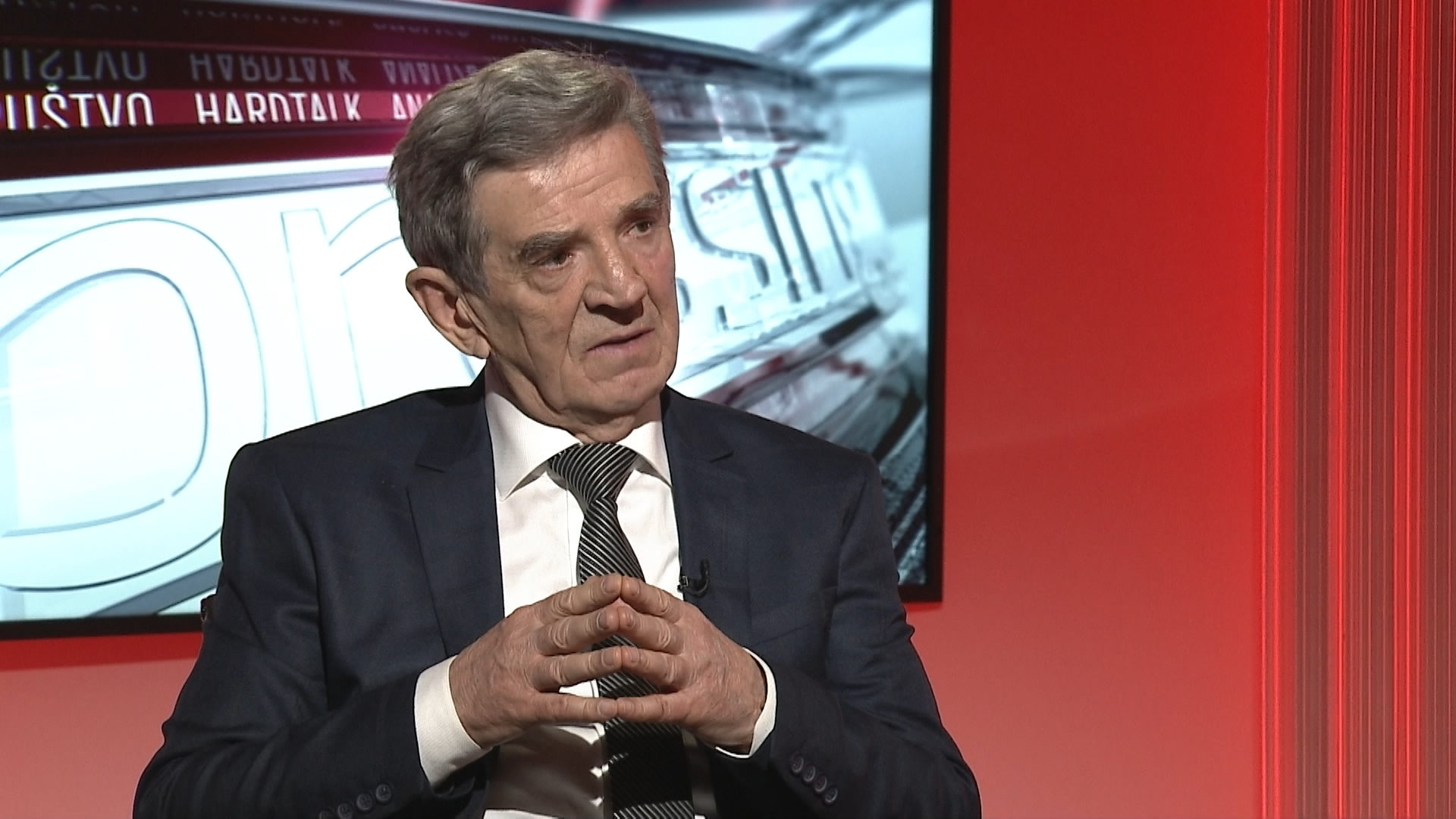
There is a number of factors in Bosnia which act destructively, academician Esad Durakovic said in N1’s current affairs programme 'Pressing', urging the international community's top official in Bosnia to behave "in line with the mission he was assigned with."
“There is a series of factors which, unfortunately, do not go in our favour. But we have to fight and never allow that Bosnia and Herzegovina breaks down,” said Durakovic.
Bosniak and pro-Bosnian politicians, according to him, do not sufficiently articulate their awareness on the state of Bosnia and Herzegovina and its survival.
“I am absolutely discontent with the reaction of Bosniak politicians and of what we call a BH (Bosnian-Herzegovinian) bloc, which is not united, which the threats to Bosnia and Herzegovina did not unite, integrate and activate in a right way,” he said.
Asked what would be his message to Bosniak politicians, Durakovic replied that there would be a lot to say.
“I don’t recall there was any adequate reaction to the marking of the continuity of, what was called, the Republic of Herzeg-Bosnia, which is, according to the judgement of the highest international judicial instance, a part of a joint criminal enterprise,” said Durakovic, referring to a political entity that the ethnic Croats established during the 1992-95 Bosnian war in south of the country.
A peace agreement that ended the Bosniak-Croat war in 1994, the Washington agreement, annulled that region but Croat nationalist continued celebrating Herzeg-Bosnia in the years after the war and sought to revive the idea of a Croat-majority territorial unit in the country.
Today, Bosnia is divided into two semi-autonomous regions. The Dayton Peace Agreement, which ended the war and set the constitutional system in Bosnia, had divided it into Serb-dominated Republika Srpska (RS) and the Federation (FBiH), which is shared by the Bosniaks and the Croats.
A possible division of the country into three, warned Durakovic, would be the most dangerous for Bosniaks.
“Bosniak politicians, Bosniak intellect must be aware that they can survive only within the borders of Bosnia and Herzegovina,” he stressed.
“What would happen in the worst-case scenario, the one I don’t want to believe in, about the creation of a ‘Bosniakstan’, a Bosniak entity or a state? That would, beyond any doubt, mean creation of Gaza, Palestinisation of Bosniaks, creation of Gaza in Europe,” he stressed, adding that such outcome would lead to “dramatic radicalisation” of Muslims and Bosniaks in this part of Europe.
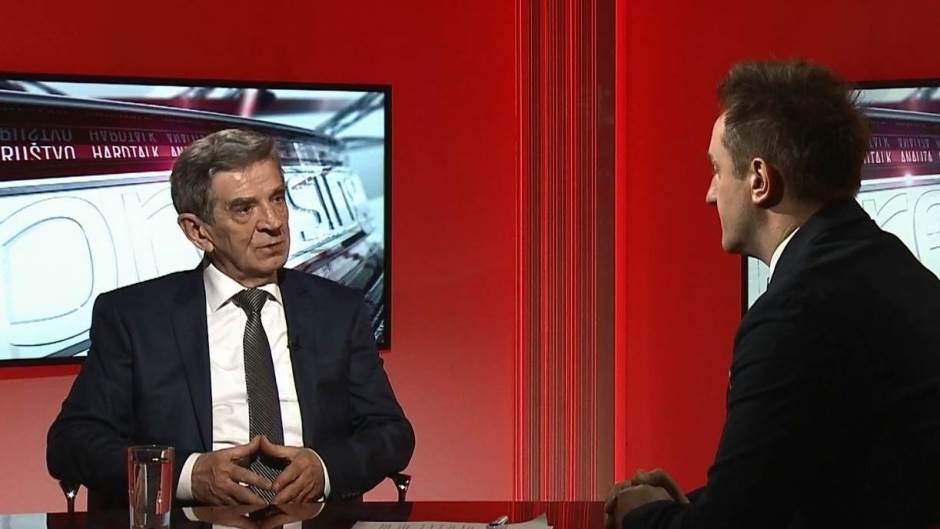
He called on Valentin Inzko, the international community’s top official, who oversees the peace agreement implementation in the country, to intervene where necessary.
“I will use this opportunity to urge, to make people understand that the situation in Bosnia and Herzegovina is serious, that the international context is such that Kosovo is in the game, that a swap is possible and that all Bosniaks, Herzegovinians and Bosnians, everyone in their own place and job they deal with, should get fully engaged for Bosnia and Herzegovina, for its values,” said the academician.
Then he addressed Valentin Inzko.
“Mr High Representative, Mr Inzko, I ask you as an intellectual of Bosnia and Herzegovina to finally show that you possess professional integrity and dignity. I apologise for saying this because it appears all the time that you don’t have it. I ask you to show that integrity, and intervene where it is necessary to intervene,” said Durakovic.
“You need to protect this state, that’s why you are here. If you can’t do that, say it where you need to say it and step down. Mr High Representative, give us a chance to commend you, to commend your professionalism and integrity,” he added.
If the High Representative is being silent, Durakovic continued, it makes him “an accomplice in possible fall of Bosnia and Herzegovina.”
“It is about time for the High Representative to come out and behave in line with the mission he was assigned with, and not to participate in the creation of new Palestine in centre of Europe,” he said.
Kakvo je tvoje mišljenje o ovome?
Učestvuj u diskusiji ili pročitaj komentare





 Srbija
Srbija
 Hrvatska
Hrvatska
 Slovenija
Slovenija









